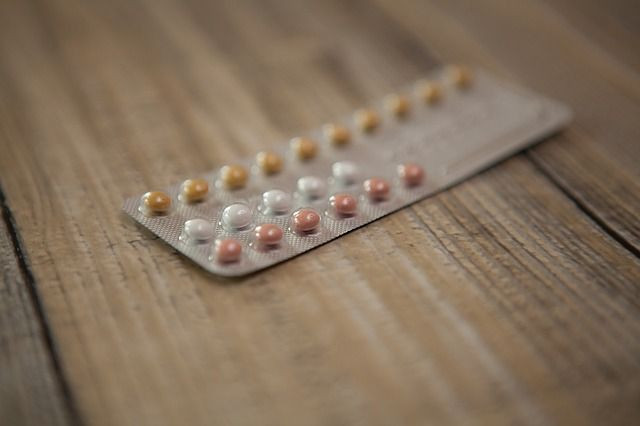Natural Birth Control Alternative To The Pill: ‘Natural Cycles’ App Uses Body Temperature To Prevent Pregnancy

A scientist who helped to discover the Higgs boson, an elementary particle in the Standard Model of particle physics, has now switched her sights from physics to women’s health in the search for an effective and safe birth control alternative for women. Now, Elina Berglund and her team of researchers have revealed their result: A fertility app they claim is 99.5 percent effective in preventing pregnancy, without the side effects of the Pill or inconvenience of condoms.
The app is called Natural Cycles, and it works by having women input their temperature daily throughout the month in order to gauge their natural fertility cycle. Unlike other natural birth control methods, the app relies on body temperature, rather than the day her menstrual period begins and ends, in order to track which days she is most susceptible to pregnancy, the company said.
In one study trial, more than 4,000 women aged 20 to 35 were asked to use the app, and over the course of one year, there were only 143 unplanned pregnancies. Of these unplanned pregnancies, 10 were due to the women having sexual intercourse on days the app suggested they shouldn’t, and the others were the result of women simply not using the app properly, Science Alert reported.
Because the app isn't medication, is has no side effects, such as the type seen from hormonal birth control. For example, a Danish study published last month suggested that hormonal contraceptives may leave users more susceptible to developing depression later on. According to the research, the risk was highest for women who used the patch and vaginal ring, and those who first began using hormonal contraception as teenagers. Women using combined oral contraceptives, the Pill, were 23 percent more likely to be prescribed antidepressants than non-users.
While this finding is controversial, the link between hormonal birth control and increased risk of blood clotting and stroke is confirmed. As a result, new birth control pills have much lower hormonal doses to lower, yet not completely diminish, the risk. According to one figure, there are about 4.4 ischemic strokes for every 100,000 women of childbearing age, but among women taking BCPs, that number of strokes rises to 8.5 per 100,000 women.
Source: Berglund Scherwitzl E, Gemzell Danielsson K, Sellberg JA, Scherwitzl R. Fertility awareness-based mobile application for contraception. The European Journal of Contraception & Reproductive Health Care . 2016
Read More:
Does The Birth Control Pill Cause Depression? Women Who Take Hormonal Contraception May Be At Higher Risk: Read Here
Birth Control Pills Increase Risk For Ischemic Stroke, But Only In Certain Women: Study: Read Here



























